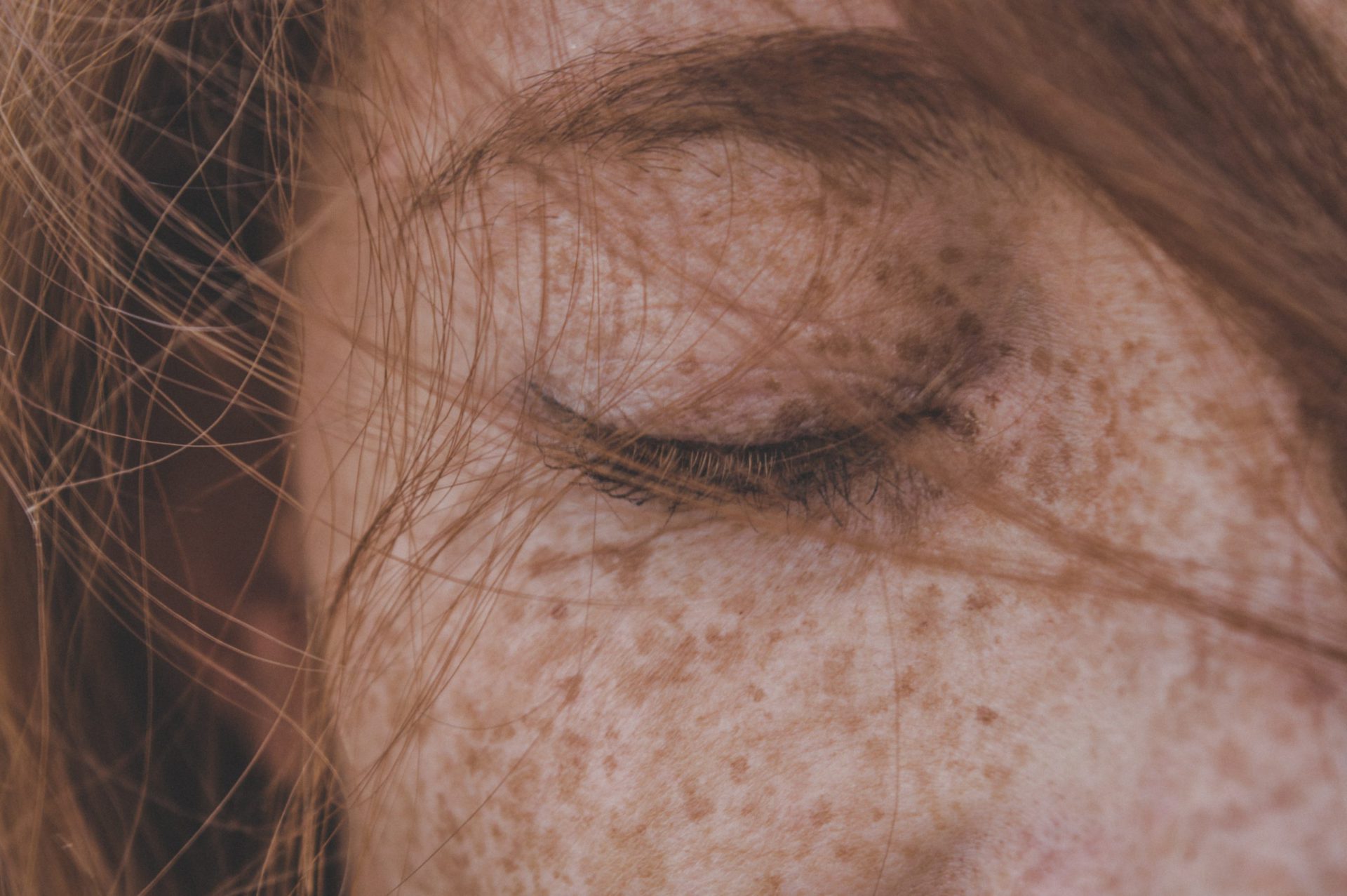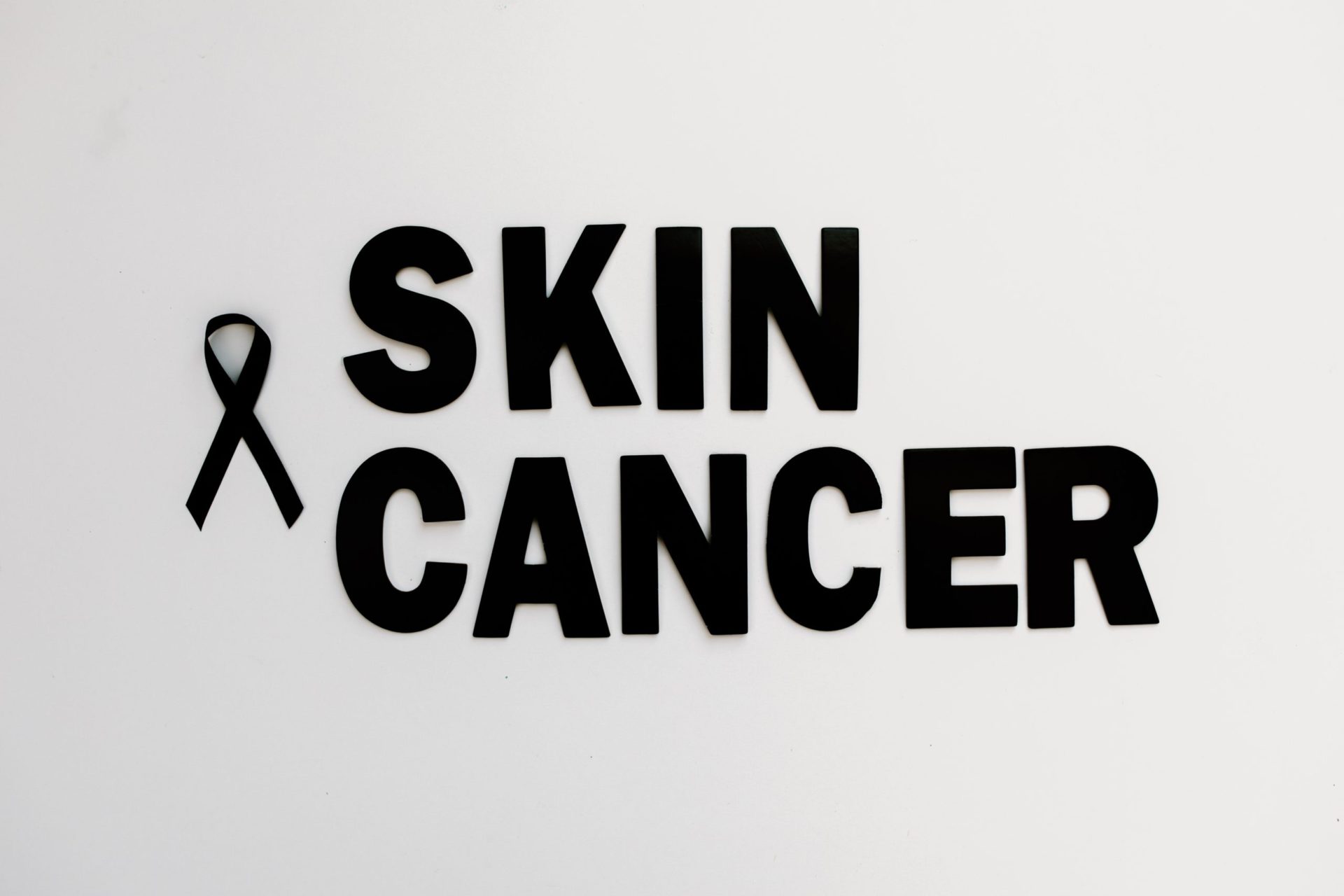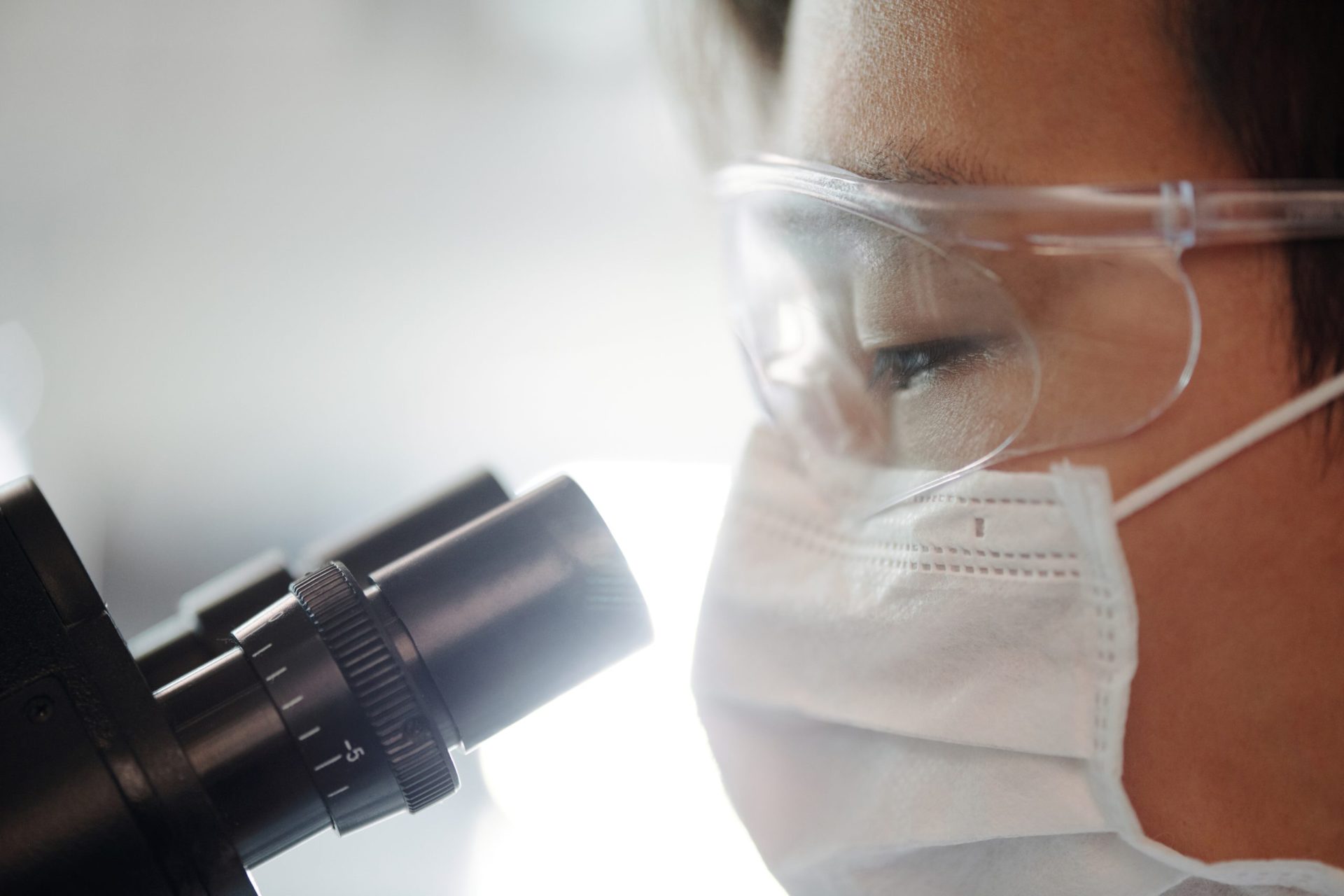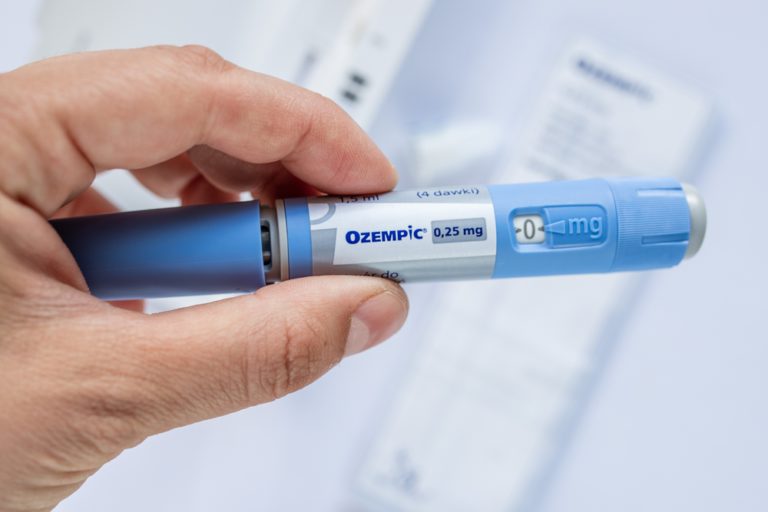
Does skin cancer itch? Did you know that skin cancer can cause itching? It’s true. In fact, itching is a common symptom of several types of skin cancer. But why does skin cancer cause itching, and what can you do about it? We will explore the link between skin cancer and itching, including common symptoms, diagnosis, treatment options, and prevention strategies. Read on to learn more about this important topic and how you can protect your skin health.
Types of Skin Skin Cancer That May Cause Itching
Skin cancer comes in different forms and not all types of skin cancer cause itching. However, some types of skin cancer are more likely to cause itching than others. Here are some common types of
skin cancer that may cause itching:
Basal Cell Carcinoma: The most common type of skin cancer, usually appears as a small, waxy bump on the skin. It may sometimes cause mild to moderate itching sensations.
Squamous Cell Carcinoma: Develops on sun-exposed skin and often appears as a firm, red bump or patch. While itching is not a typical symptom, it may occur in rare cases.
Melanoma: A less common but dangerous type of skin cancer that can spread quickly. It appears as an irregularly shaped mole or lesion on the skin. Although itching is not a typical symptom, it may occur in some cases.
Cutaneous T-Cell Lymphoma: A rare type of skin cancer that affects the immune system’s T-cells. It usually appears as red, scaly patches on the skin and can cause severe itching, which is often one of the earliest symptoms of the disease.
If you notice any unusual changes in your skin or persistent itching, it’s essential to speak with your doctor. While itching is not always a sign of skin cancer, it’s important to get any changes evaluated by a medical professional.
Skin cancer can cause itching due to inflammation in the skin, which triggers nerve fibers and leads to uncomfortable sensations. In some cases, skin cancer can also directly affect nerve fibers and increase sensitivity to stimuli, resulting in increased itchiness.
The Science of Itching: How Skin Cancer Triggers the Sensation
Itching is a common symptom of skin cancer, but not all cases of skin cancer will cause itching.
Skin cells release chemicals called cytokines when they are inflamed or damaged, which can trigger itching sensations.
Some types of skin cancer, such as cutaneous T-cell lymphoma, can cause nerve damage that leads to severe itching.
If you are experiencing persistent itching along with other skin changes, it’s important to speak with your doctor to determine the cause and receive appropriate treatment.
Early diagnosis and treatment of skin cancer can significantly improve outcomes, so it’s important to seek medical attention if you notice any unusual changes in your skin or persistent itching.
Other Symptoms That May Accompany Itching in Skin Cancer Patients

In addition to itching, skin cancer patients may experience other
symptoms depending on the type and stage of cancer. These symptoms may include:
- Changes in the appearance of moles or other skin lesions
- New growths on the skin
- Redness, inflammation, or scaling of the skin
- Pain or tenderness in the affected area
- Bleeding or oozing from the skin
In advanced cases, patients may also experience fatigue, weight loss, or difficulty breathing.
Keep in mind that not all skin changes are necessarily a sign of skin cancer, and some of these symptoms may also be present in other skin conditions. If you are experiencing persistent itching or other skin changes, it’s important to speak with your doctor to determine the cause and receive appropriate treatment.
Early detection and treatment of skin cancer can significantly improve outcomes, so don’t hesitate to seek medical attention if you have any concerns about your skin health.
When Should You Be Concerned About Itching and Skin Cancer?
Not all cases of itching are necessarily a sign of skin cancer. However, if you have certain risk factors, it’s important to
pay closer attention to any persistent itching or skin changes. These risk factors may include:
- Fair skin that burns easily and does not tan
- A history of sunburns or excessive sun exposure
- A family history of skin cancer
- A weakened immune system
- A personal history of skin cancer or pre-cancerous skin lesions
If you have any of these risk factors and are experiencing persistent itching along with other skin changes, speak with your doctor to determine the cause and receive appropriate treatment. Your doctor may recommend a skin biopsy or other diagnostic tests to evaluate any suspicious skin lesions.
Early detection and treatment of skin cancer can significantly improve outcomes and reduce the risk of complications. If you have any concerns about your skin health or notice any unusual changes in your skin, seek medical attention as soon as possible.
How Is Skin Cancer Diagnosed in Patients with Itching Symptoms?
To
diagnose skin cancer in patients with itching symptoms, doctors may recommend a skin biopsy. This involves removing a small sample of skin tissue from the affected area for analysis in a laboratory.
Types of skin biopsies include:
- Punch biopsy: A small, circular piece of skin is removed using a special tool.
- Shave biopsy: A thin layer of skin is shaved off using a surgical blade.
- Excisional biopsy: The entire lesion or growth is removed using a surgical scalpel.
In some cases, imaging tests like a CT scan or MRI may be recommended to assess the extent of the cancer and determine if it has spread.
If skin cancer is detected, treatment options depend on the type and stage of the cancer, overall health, and personal preferences. Treatments may include surgery, radiation therapy, chemotherapy, immunotherapy, or a combination.
It’s important to note that not all itching is a sign of skin cancer, and not all cases require a biopsy. However, if you experience persistent itching or unusual skin changes, seek medical attention to determine the cause and appropriate treatment.

Treatment Options for Skin Cancer-Related Itching
 Skin cancer treatment
Skin cancer treatment may help alleviate itching symptoms. Here are some options:
Surgery: The most common treatment for skin cancer. Removal of cancerous tissue can eliminate the source of itching.
Radiation therapy: High-energy radiation destroys cancer cells. Useful for cancers difficult to remove or those that have spread.
Topical treatments: Creams and ointments containing corticosteroids or antihistamines reduce inflammation and itching.
Systemic therapies: Chemotherapy or immunotherapy target cancer cells and relieve itching symptoms.
Palliative care: Manages symptoms like itching and improves quality of life.
Your plan depends on the type and stage of cancer, overall health, and preferences. Work with your doctor to determine the best course of action for your skin cancer and associated itching.
Prevention and Management Strategies for Skin Cancer and Itching
Preventing skin cancer is the key to avoiding the itching associated with it. Here are some tips to reduce your risk:
- Avoid the sun during peak hours
- Wear protective clothing
- Use sunscreen
- Check your skin regularly
- Seek shade
If you experience itching symptoms, see a dermatologist who can diagnose and treat skin cancer-related itching. To manage itching at home, try:
- Moisturizing your skin
- Using cool compresses
- Avoiding scratching
Trying over-the-counter treatments like calamine lotion and hydrocortisone cream.
Remember, early detection and treatment of skin cancer can improve outcomes and reduce itching symptoms. By taking preventive measures and seeking medical attention when necessary, you can reduce your risk of developing skin cancer and associated itching.
Common Misconceptions About Itching and Skin Cancer
There are many common misconceptions about the relationship between itching and skin cancer that can lead to unnecessary worry and confusion. Let’s take a closer look at some of these misconceptions:
Misconception #1: Itching is always a sign of skin cancer. While itching can be a symptom of skin cancer, it is not always present in every case. There are many other causes of itching, so it is important not to jump to conclusions.
Misconception #2: Only melanoma causes itching. While melanoma is a type of skin cancer that often causes itching, other types of skin cancer can also cause itching as a symptom.
Misconception #3: If you have no family history of skin cancer, you won’t get itchy skin cancer. While having a family history of skin cancer can increase your risk, anyone can develop skin cancer and experience itching symptoms.
Misconception #4: If you have itching related to skin cancer, it means the cancer has spread. Itching is a common symptom of skin cancer, but it does not necessarily mean the cancer has spread. Many people with skin cancer have localized itching at the site of the tumor.
It’s essential to seek medical attention if you have any concerns about itching or skin cancer. Dispelling common misconceptions and obtaining accurate information can help alleviate any fears and provide peace of mind.
Exploring the Psychological Impact of Itching on Skin Cancer Patients
Itching can be a distressing symptom for skin cancer patients, and it can have a significant psychological impact. Chronic itching can lead to sleep disturbances, anxiety, depression, and decreased quality of life. Patients may experience social isolation and negative self-image due to their symptoms, leading to a feeling of hopelessness and frustration.
It is essential to address the psychological impact of itching in skin cancer patients. Seeking support from healthcare providers, loved ones, and support groups can be helpful in managing the psychological effects of itching. Skin cancer patients should also practice self-care techniques such as meditation, relaxation techniques, and exercise to help manage the psychological impact of itching.
In some cases, healthcare providers may recommend mental health treatment to manage the psychological impact of itching. Cognitive-behavioral therapy, talk therapy, and medication can be effective in managing anxiety and depression associated with chronic itching.
In conclusion, itching can have a significant psychological impact on skin cancer patients, and it is essential to address both the physical and psychological aspects of the symptom to promote the patient’s overall well-being. Seeking support from healthcare providers, loved ones, and mental health professionals can be beneficial in managing the psychological effects of itching.
When Itching Is Not Caused by Skin Cancer: Differential Diagnosis and Next Steps

When Itching Is Not Caused by Skin Cancer: Differential Diagnosis and Next Steps
Not all cases of itching are caused by skin cancer, and it’s important to rule out other potential causes. Common causes of itching include dry skin, allergies, insect bites, and certain medications.
If skin cancer is ruled out as the cause of itching, a healthcare provider may recommend further testing or referral to a specialist. Tests may include blood work, allergy testing, and imaging studies. Treatment for non-cancer-related itching will depend on the underlying cause.
In any case, it’s important to communicate with healthcare providers about symptoms and concerns to ensure accurate diagnosis and effective treatment.

 Does skin cancer itch? Did you know that skin cancer can cause itching? It’s true. In fact, itching is a common symptom of several types of skin cancer. But why does skin cancer cause itching, and what can you do about it? We will explore the link between skin cancer and itching, including common symptoms, diagnosis, treatment options, and prevention strategies. Read on to learn more about this important topic and how you can protect your skin health.
Does skin cancer itch? Did you know that skin cancer can cause itching? It’s true. In fact, itching is a common symptom of several types of skin cancer. But why does skin cancer cause itching, and what can you do about it? We will explore the link between skin cancer and itching, including common symptoms, diagnosis, treatment options, and prevention strategies. Read on to learn more about this important topic and how you can protect your skin health.
 In addition to itching, skin cancer patients may experience other symptoms depending on the type and stage of cancer. These symptoms may include:
In addition to itching, skin cancer patients may experience other symptoms depending on the type and stage of cancer. These symptoms may include:

 Skin cancer treatment may help alleviate itching symptoms. Here are some options:
Surgery: The most common treatment for skin cancer. Removal of cancerous tissue can eliminate the source of itching.
Radiation therapy: High-energy radiation destroys cancer cells. Useful for cancers difficult to remove or those that have spread.
Topical treatments: Creams and ointments containing corticosteroids or antihistamines reduce inflammation and itching.
Systemic therapies: Chemotherapy or immunotherapy target cancer cells and relieve itching symptoms.
Palliative care: Manages symptoms like itching and improves quality of life.
Your plan depends on the type and stage of cancer, overall health, and preferences. Work with your doctor to determine the best course of action for your skin cancer and associated itching.
Skin cancer treatment may help alleviate itching symptoms. Here are some options:
Surgery: The most common treatment for skin cancer. Removal of cancerous tissue can eliminate the source of itching.
Radiation therapy: High-energy radiation destroys cancer cells. Useful for cancers difficult to remove or those that have spread.
Topical treatments: Creams and ointments containing corticosteroids or antihistamines reduce inflammation and itching.
Systemic therapies: Chemotherapy or immunotherapy target cancer cells and relieve itching symptoms.
Palliative care: Manages symptoms like itching and improves quality of life.
Your plan depends on the type and stage of cancer, overall health, and preferences. Work with your doctor to determine the best course of action for your skin cancer and associated itching.
 When Itching Is Not Caused by Skin Cancer: Differential Diagnosis and Next Steps
Not all cases of itching are caused by skin cancer, and it’s important to rule out other potential causes. Common causes of itching include dry skin, allergies, insect bites, and certain medications.
If skin cancer is ruled out as the cause of itching, a healthcare provider may recommend further testing or referral to a specialist. Tests may include blood work, allergy testing, and imaging studies. Treatment for non-cancer-related itching will depend on the underlying cause.
In any case, it’s important to communicate with healthcare providers about symptoms and concerns to ensure accurate diagnosis and effective treatment.
When Itching Is Not Caused by Skin Cancer: Differential Diagnosis and Next Steps
Not all cases of itching are caused by skin cancer, and it’s important to rule out other potential causes. Common causes of itching include dry skin, allergies, insect bites, and certain medications.
If skin cancer is ruled out as the cause of itching, a healthcare provider may recommend further testing or referral to a specialist. Tests may include blood work, allergy testing, and imaging studies. Treatment for non-cancer-related itching will depend on the underlying cause.
In any case, it’s important to communicate with healthcare providers about symptoms and concerns to ensure accurate diagnosis and effective treatment.







